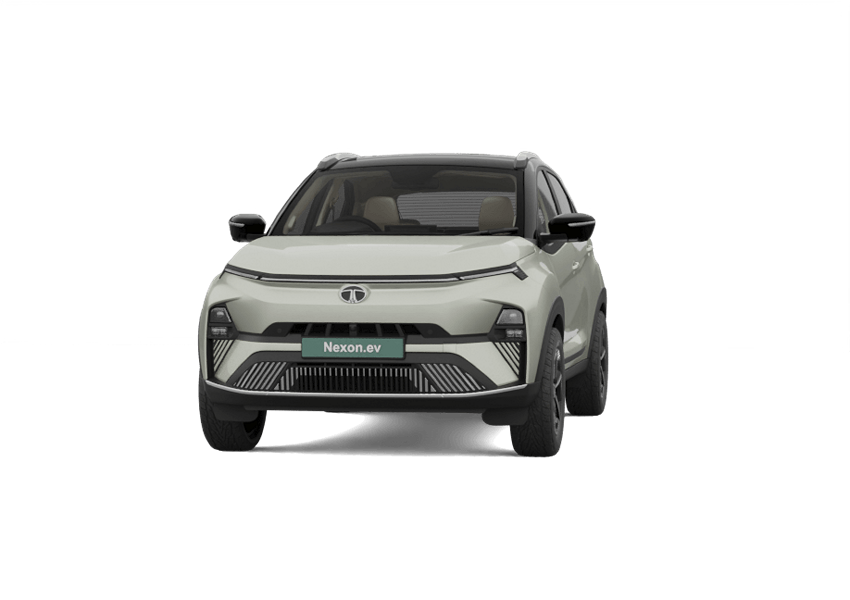In a bid to make electric vehicles more accessible to its customers, home-grown automaker Tata Motors’ EV arm has slashed prices of its Nexon.ev and Tiago.ev range. Tata Passenger Electric Mobility Ltd (TPEM) has attributed the price cut to reduction in prices of batteries, which constitute a substantial part of the overall cost of a vehicle.
Revised prices
Nexon.ev gets a price reduction of up to INR 1.2 lakh, now starting at INR 14.49 lakh. The Long Range Nexon.ev with 465 kilometres of claimed range now starts from INR 16.99 lakh. Tiago.ev gets a price reduction of up to INR 70,000, now starting at INR 7.99 lakh. However, the prices of the recently launched Punch.ev remain unchanged.
Softening battery prices
Prices of EV batteries have softened in the recent past with Tata Motors choosing to pass on the benefits to its customers. The prices are expected to further dip in the coming times with advancements in technology and localisation. Additionally, the growing demand for EVs over the last few years has made this feat possible. “While EVs have grown rapidly over the last few years, our mission is to accelerate the mainstream adoption of EVs by making them more accessible nationwide,” said Vivek Srivatsa, Chief Commercial Officer, TPEM.
Tata Motors leads electric PV space
Tata Motors has been at the forefront of EV revolution in the passenger vehicles (PV) space in the country. It offers a wide portfolio of EVs, offering a choice of body styles, range and price points as well as tons of features. “We believe that at these accessible prices, the best-selling Nexon.ev and Tiago.ev become an even more compelling proposition to attract a larger pool of customers.” Srivatsa added.
Fast-growing EV segment
With over 70% market share, TPEM is a leader in the electric PV space in the country. The segment itself is a fast-growing one with growth of 90% in CY2023 as against 8% growth recorded by the PV industry. The growth momentum seems to be continuing in the CY2024 with EV sales registering 100% YoY growth in January. The segment is expected to continue to substantially outperforming the overall passenger vehicle industry growth.



